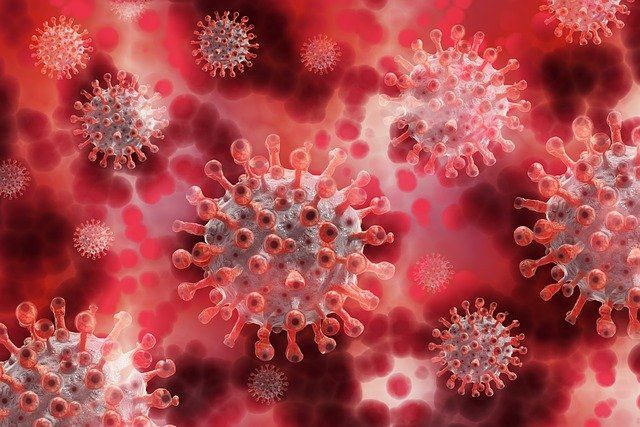Whilst much of Europe struggled to contain the pandemic earlier this year, many in Denmark were left feeling smug that their country had managed to tackle the issue far more effectively than most. Now, however, the World Health Organization (WHO) has stated that the Danish infection response system “does not work”.
The Sundhedsstyrelsen health authority in its official guide makes it clear that those who have received a positive coronavirus test must contact those they have recently been in contact with to quarantine and take a test.
But many health experts suggest this is a process set up to fail.
Three’s a crowd
A report from Styrelse for Patientsikkerhed reveals that fewer than three close contacts go on to inform the authorities when someone tests positive, with the majority of them then going on to themselves call for infection detection.
“The Danish system does not work when contact tracking is about the authorities getting others to do the work for them. When people get tired, they end up spreading the virus instead of quarantining,” noted Dale Fisher, the chair of the WHO Committee on Global Disease Control.
Improvements on the way
According to Christian Wejse – a specialist on infectious diseases from Aarhus University – the number of people contacted following a positive test should be between 15 and 40. The speed at which people are contacted is also important, he says.
In response, the health minister, Magnus Heunicke, has defended the current system, describing it as “generally effective”.
However, he has indicated that new guidelines will soon be rolled out to supplement the boost that was given to the infection detection system at the end of October.















